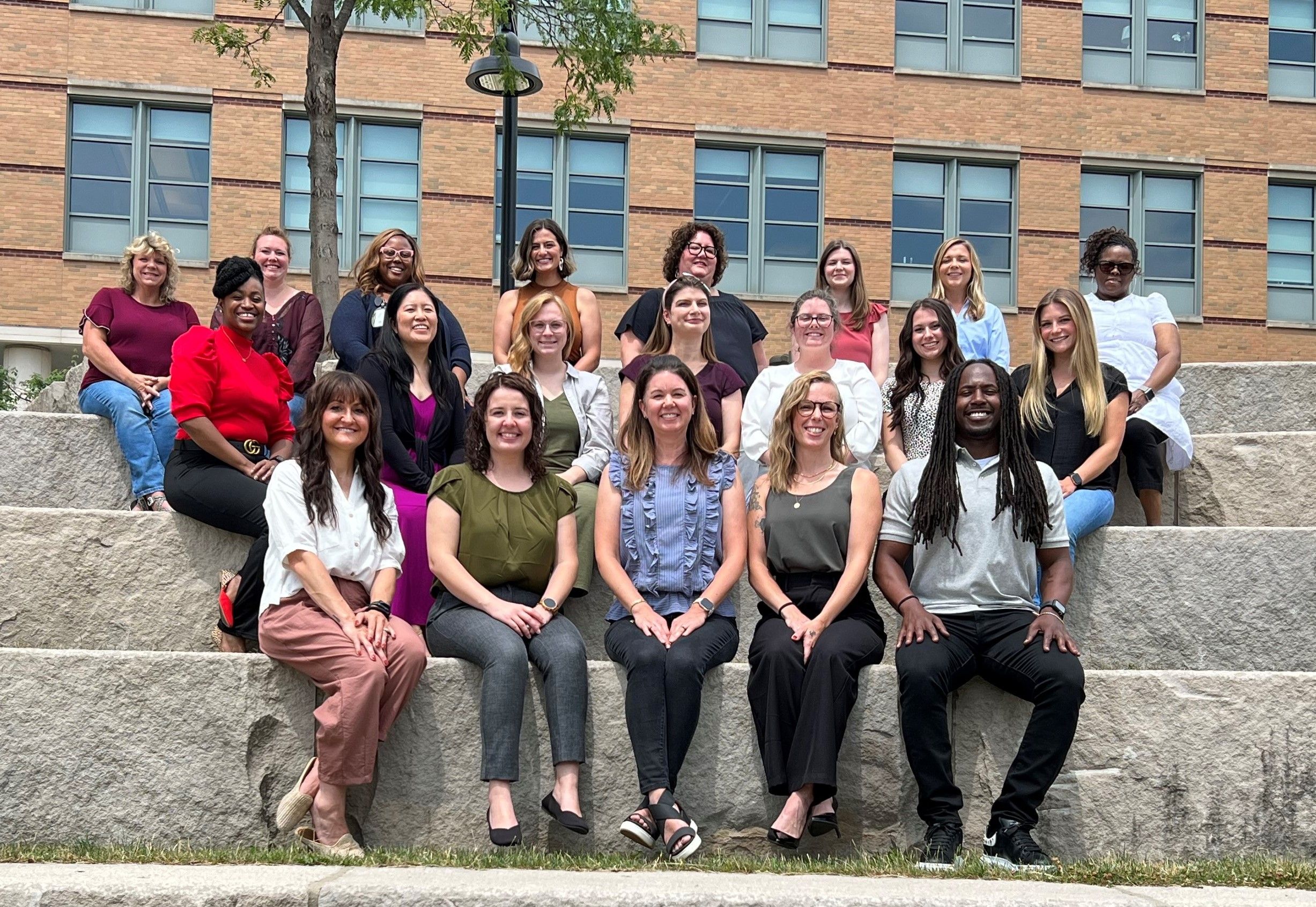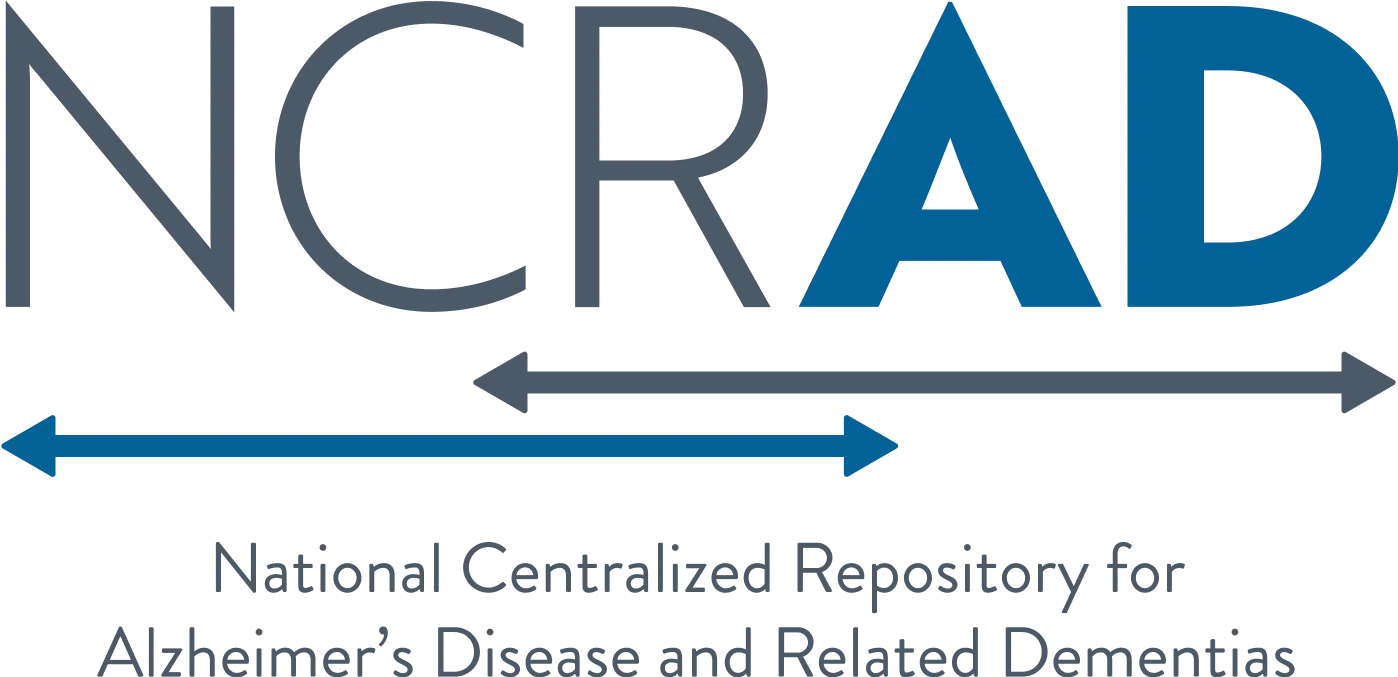Who We Are
The National Centralized Repository for Alzheimer's Disease and Related Dementias (NCRAD) is an initiative to support research focused on the etiology, early detection, and therapeutic development for Alzheimer's disease (AD) and related dementias. Since its inception in 1990, NCRAD has been an integral part of the research landscape, serving as a critical resource for scientists and clinicians seeking vital clinical information and biological materials to advance the frontiers of dementia research.
Meet the NCRAD teamOur Mission
We will provide rigorous support for banking and accessing biospecimens and foster a collaborative environment, leading to a deeper understanding of the etiology, early detection, and therapeutic development for Alzheimer’s disease and related dementias.

Empowering Research Through Collaborations
NCRAD is a recipient of the National Institute on Aging (NIA) grant (Grant Number: U24 AG021886), which is instrumental in enabling us to expand our capabilities and enhance our research endeavors. We are truly grateful for the NIA's continued support in driving transformative research and advancing collective understanding of Alzheimer's disease and related dementias.
In addition to our partnership with NIA, NCRAD actively collaborates with the sister repository BioSEND (Biospecimen Exchange for Neurological Disorders). This collaboration facilitates the exchange of data and samples, enriching the research experience and propelling progress in dementia research. Learn about BioSEND at BioSEND.org.
Our History
NCRAD was funded by the National Institute on Aging (NIA) in 1990. Since then, we have embarked on a journey of exploration, collaboration, and innovation, achieving numerous milestones along the way. Over the years, our repository has grown significantly, amassing a vast collection of invaluable clinical and biological samples.
The Early Years
NCRAD's roots trace back to its establishment as the Cell Bank Core, operating under the umbrella of the Indiana Alzheimer's Disease Center. During this period, our focus was on the recruitment of multiplex families for groundbreaking linkage studies. These foundational years set the stage for what NCRAD would become.
Evolution and Expansion
In 2002, NCRAD took a significant step forward as it transitioned into a U24 (cooperative agreement). It marked the start of a new era with NCRAD supporting its first cross-ADC study and banking DNA from LOAD families recruited by ADCs. Additionally, NCRAD began its collaboration with ADNI, further solidifying its role as a vital resource in Alzheimer's research.
Genomic Revolution
As NCRAD continued to grow, so did its scope. The renewal of NCRAD during this period brought about funding collaboration with the ADGC. Sample types expanded, and NCRAD became the trusted repository for samples from 23 NIA-funded studies. These years saw NCRAD firmly establishing itself as a cornerstone of Alzheimer's research.
A Period of Unprecedented Collaboration
As NIA expanded its focus to include AD and ADRD, NCRAD continued to grow and now banks samples from over 90 ADRD studies recruiting early and late onset AD, as well as frontotemporal dementia (FTD), progressive supranuclear palsy (PSP), Lewy body dementia (LBD), REM sleep behavior disorder (RBD), Down syndrome and well-characterized, longitudinally followed, control or cohort participants, many of whom will complete autopsy.
Leading the Way into the Future
In 2021, NCRAD's renewed commitment to progress led to the establishment of the Biomarker Assay Laboratory (BAL), equipped with cutting-edge technology and validated plasma assays. This initiative not only enhances our capabilities but also provides invaluable support to ADRCs with plasma samples. We continue to expand our sample types, catalogs, and banked resources, supporting more than 65 NIA-funded studies and ensuring that NCRAD remains at the forefront of Alzheimer's disease research.

